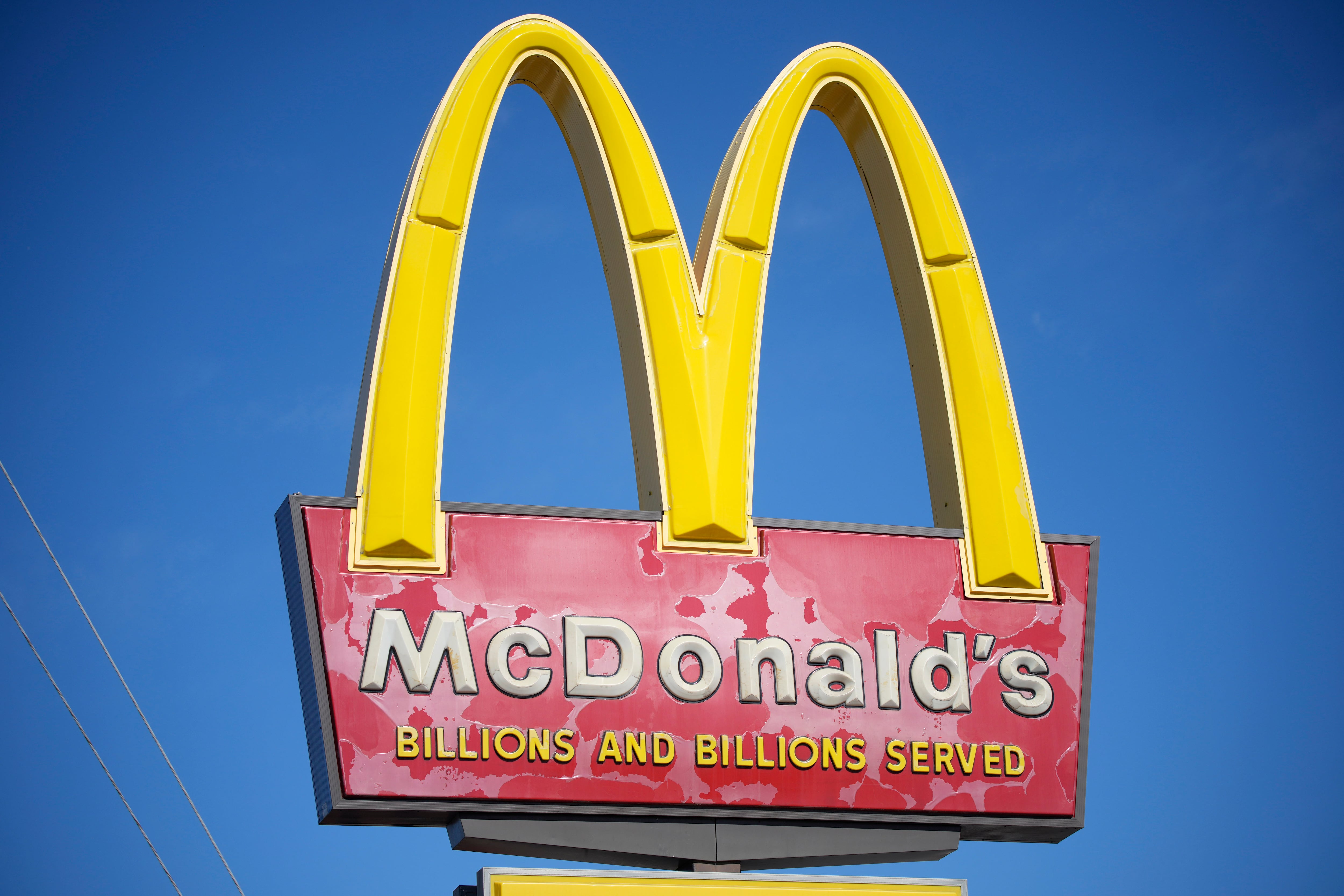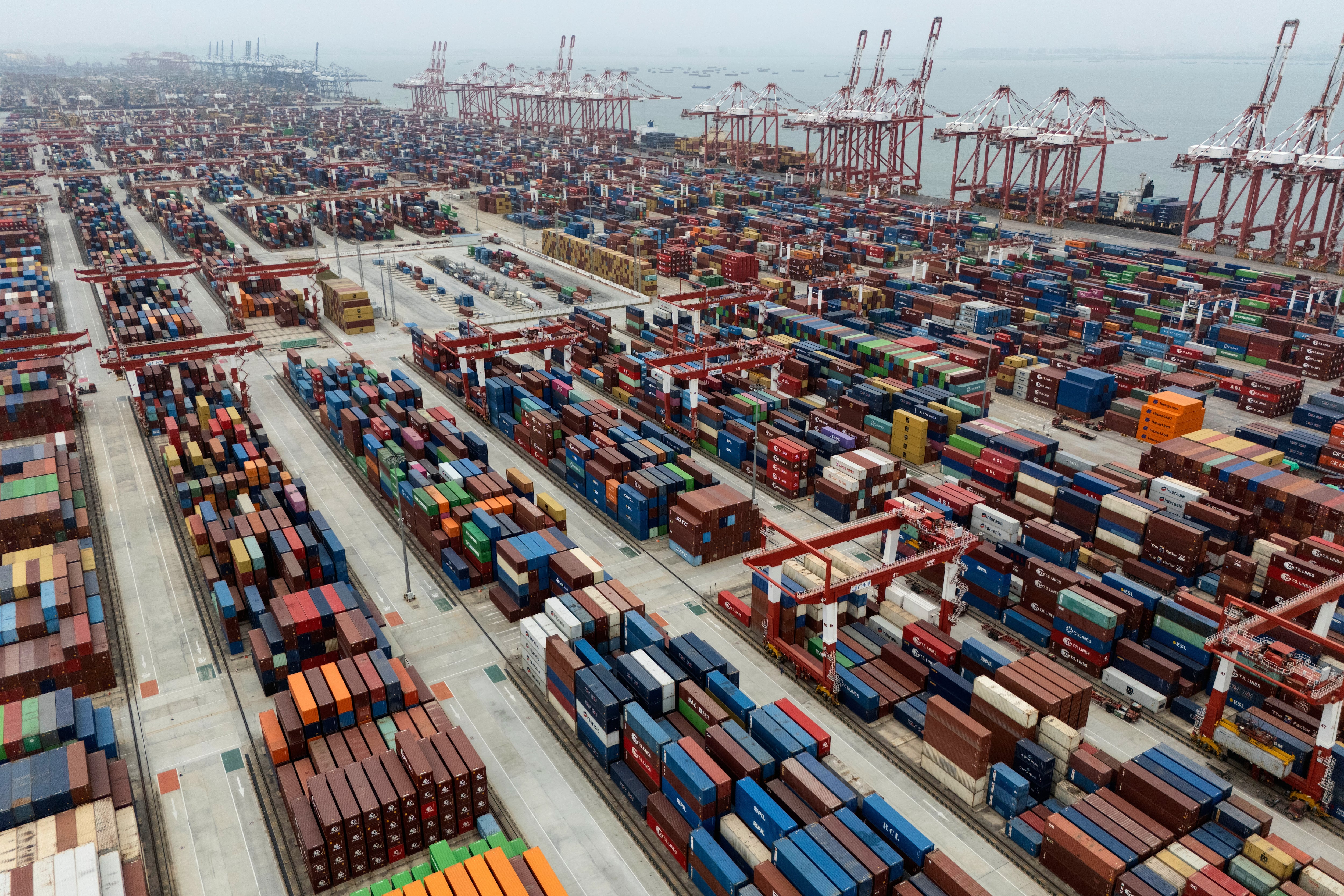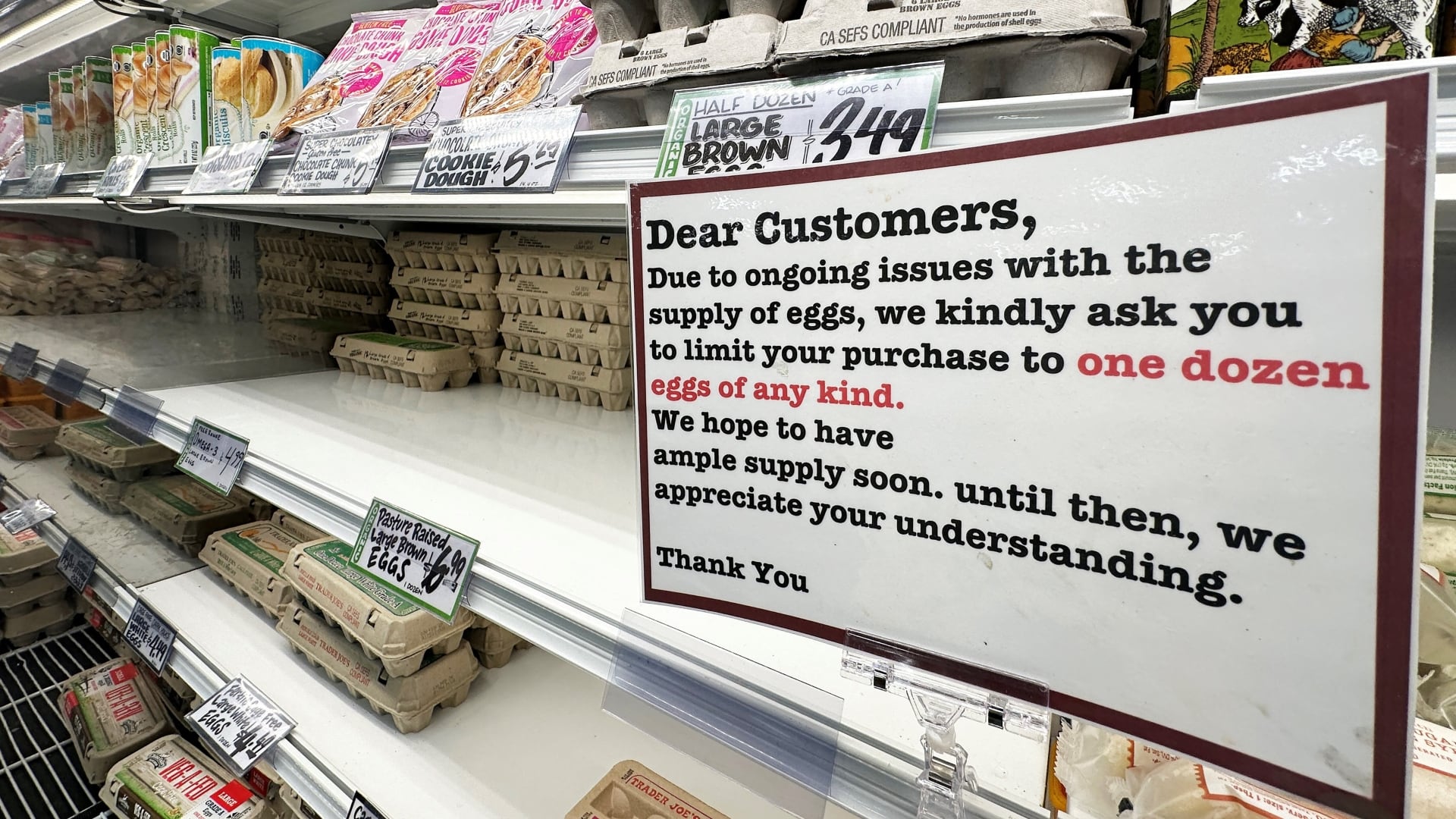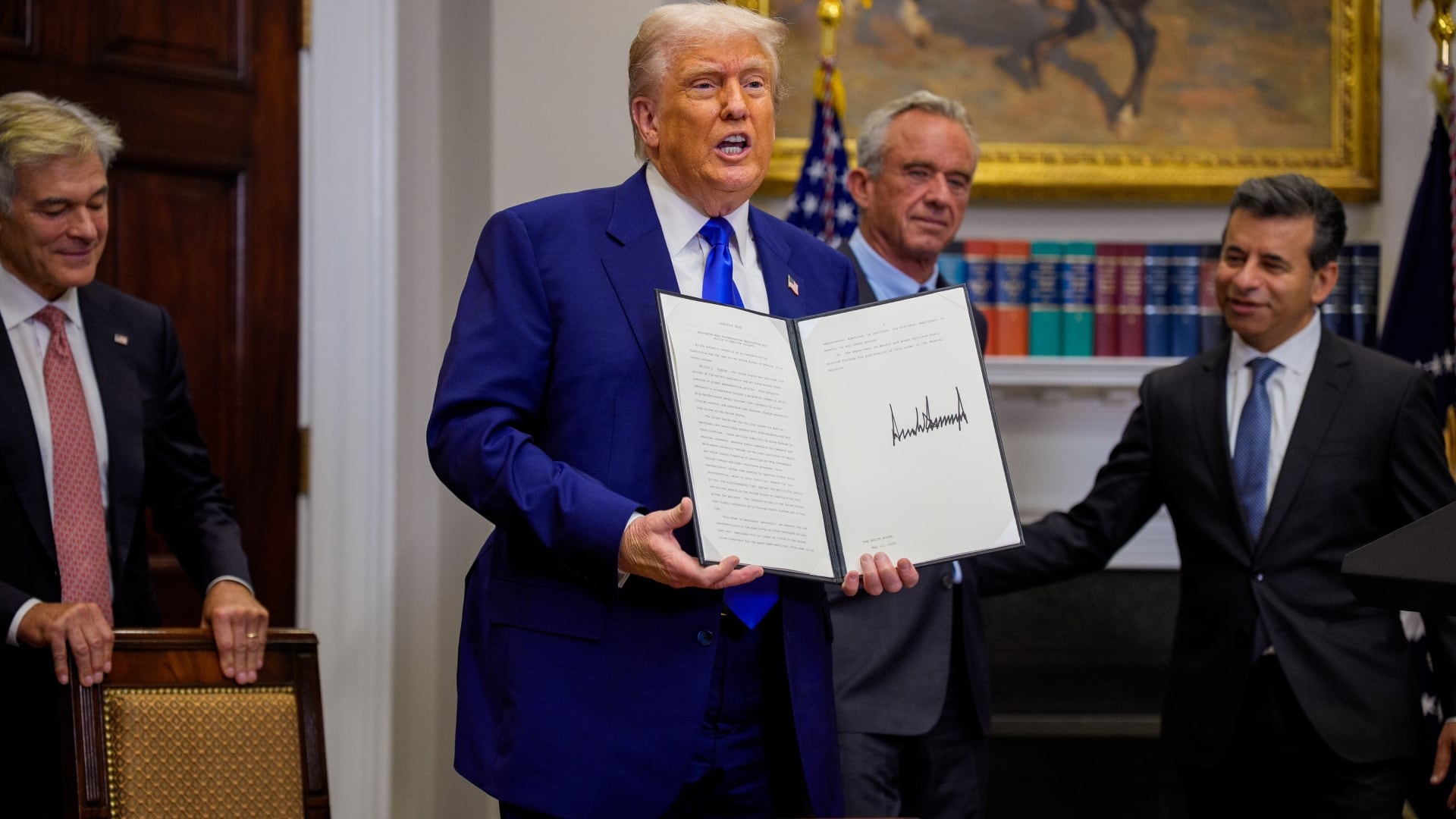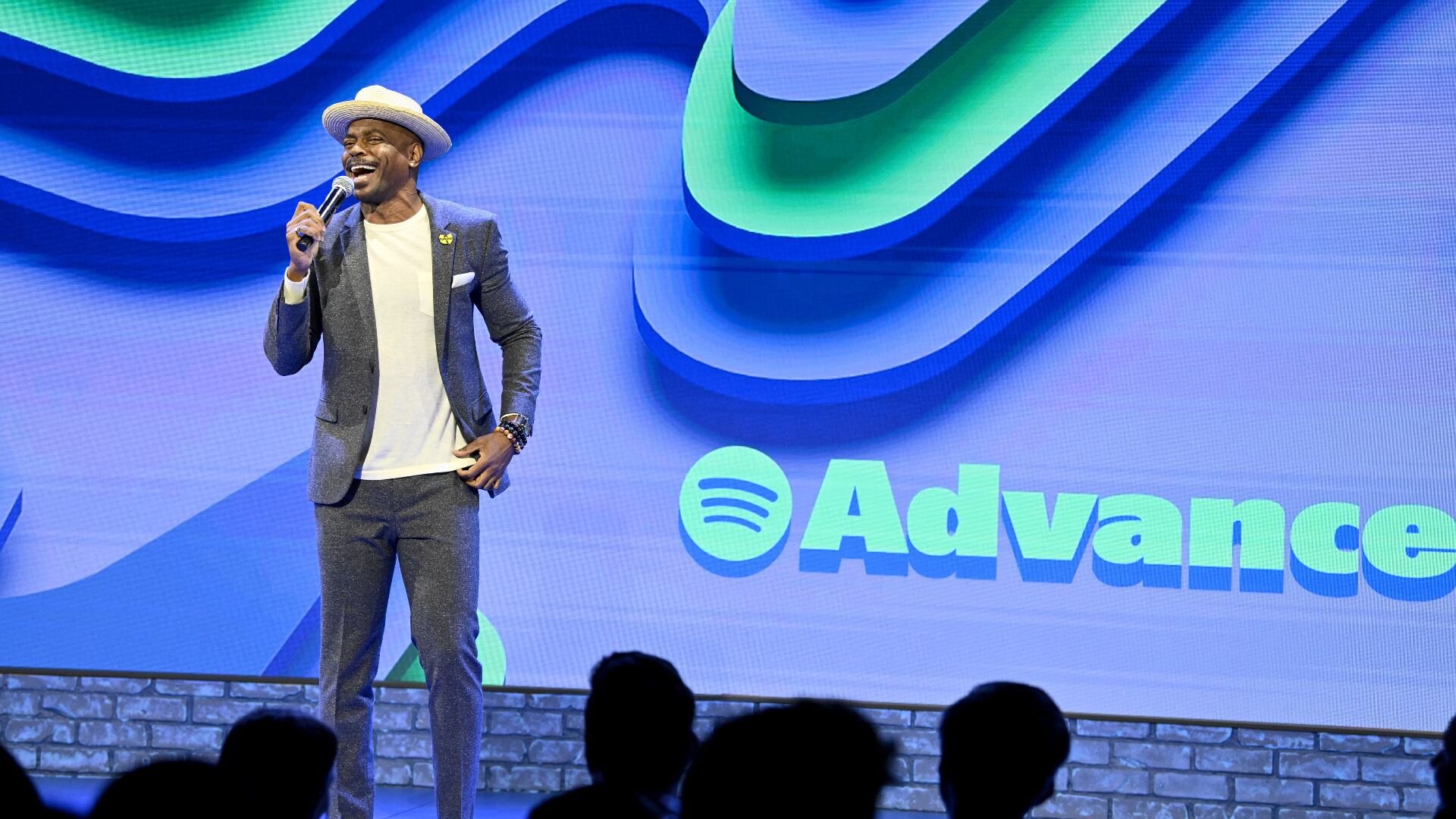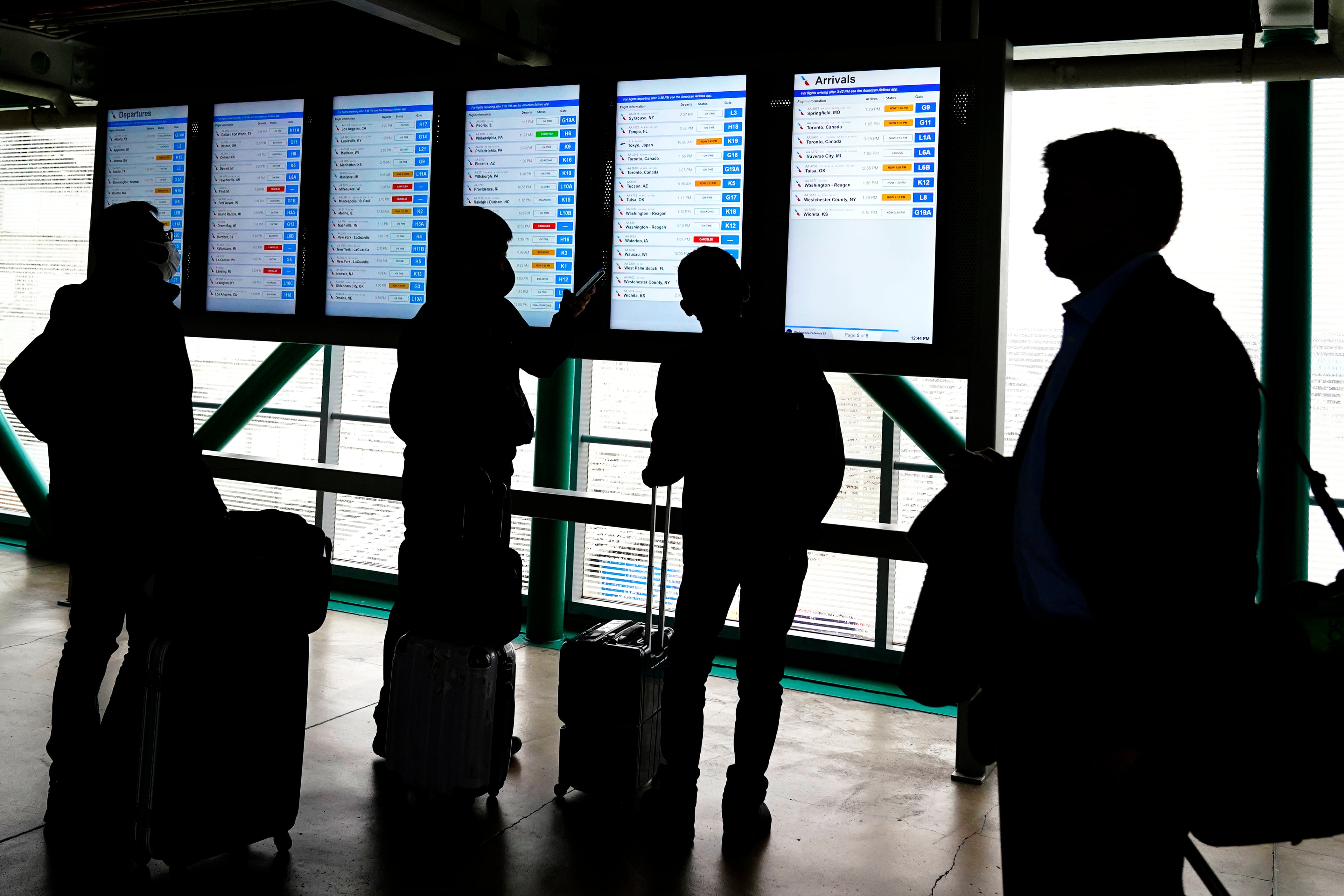By Dee-Ann Durbin
Starbucks is no longer requiring its U.S. workers to be vaccinated against COVID-19, reversing a policy it announced earlier this month.
In a memo sent Tuesday to employees, the Seattle coffee giant said it was responding to last week’s ruling by the U.S. Supreme Court. In a 6-3 vote, the court rejected the Biden administration’s plan to require vaccines or regular COVID testing at companies with more than 100 workers.
“We respect the court’s ruling and will comply,” Starbucks Chief Operating Officer John Culver wrote in the memo.
Starbucks' reversal is among the most high-profile corporate actions in response to the Supreme Court ruling. Many other big companies, including Target, have been mum on their plans.
On Jan. 3, Starbucks said it would require all employees to be vaccinated by Feb. 9 or face a weekly COVID test requirement. At the time, Culver said it was the responsibility of Starbucks' leadership “to do whatever we can to help keep you safe and create the safest work environment possible.”
In Tuesday's memo, Culver said the company continues to strongly encourage vaccinations and booster shots. The company also told workers on Tuesday that they shouldn't wear cloth masks to work, and should instead use medical-grade surgical masks.
Starbucks required workers to reveal their vaccination status by Jan. 10. The company said Wednesday that 90% have reported and the “vast majority” are fully vaccinated. Starbucks wouldn’t say what percent of workers are not fully vaccinated.
Starbucks employs 228,000 people in the U.S.
